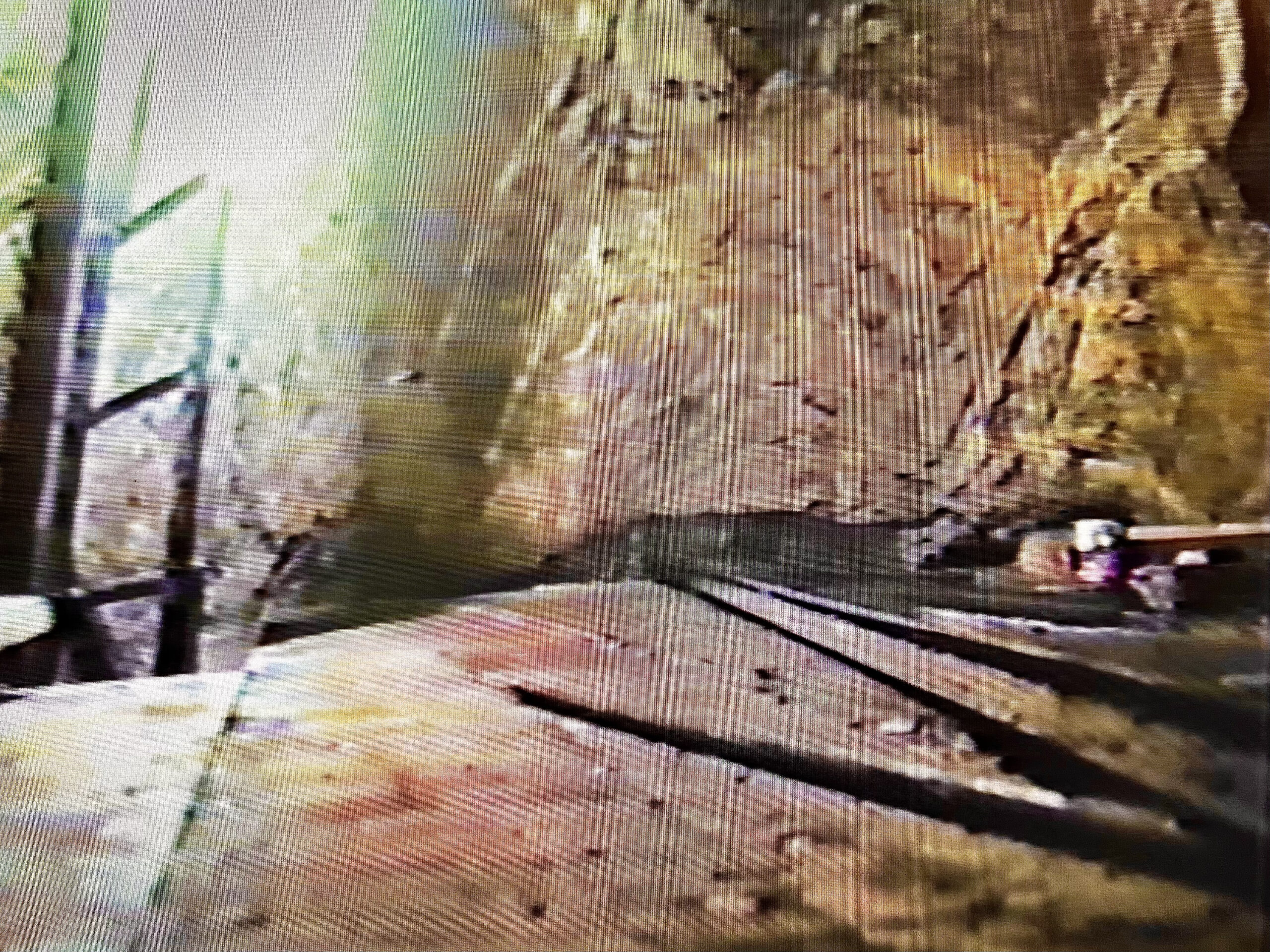A BOOK OF PATRIOTIC MOVEMENTS
This poem erases Chapter 1 of the “Yearbook of Patriotic Movements,” originally published in Japanese in 1936 by the Oka Furabu (Cherry Blossom Club), a radical right-wing organization whose lieutenants had instigated a failed military coup. The text has been digitized by the National Diet Library of Japan, which cites the United States Strategic Bombing Survey as the English translation’s source. http://dl.ndl.go.jp/info:ndljp/pid/4010748
INTELLIGENCE BULLETIN:
The August 1945 issue of the United States War Department’s Intelligence Bulletin explained how battle experiences in the Philippines and in Okinawa, especially concerning cave warfare, could be used to prepare for the coming invasion of the Japanese mainland. August 6th’s atomic bombing of Hiroshima made the pamphlet obsolete by the time it was distributed to fighting units. https://archive.org/details/1945-08IntelligenceBulletinVol03No12
____________________________________________________________________________________________________________________
____________________________________________________________________________________________________________________
____________________________________________________________________________________________________________________
____________________________________________________________________________________________________________________
____________________________________________________________________________________________________________________
____________________________________________________________________________________________________________________
____________________________________________________________________________________________________________________
____________________________________________________________________________________________________________________

____________________________________________________________________________________________________________________
A COUNTRY WALK:
Alice Mabel Bacon taught English for a year in 1889 at Tokyo’s Kazoku Jogakkō, the school for Japan’s aristocratic girls. Her letters home to Connecticut were published four years later as A Japanese Interior. This poem erases Bacon’s letters dated April 6 – June 22, roughly the dates in 1945 of the Battle of Okinawa. https://archive.org/details/japaneseinterior00baco

Collier Nogues’s first book of poems, On the Other Side, Blue, was published by Four Way Books in 2011. She has received fellowships and grants from the MacDowell Colony, the Ucross Foundation, Vermont Studio Center, and Oregon’s Fishtrap, Inc. Her erasures and redactions can also be found at Matter and Mead, and other recent poems have appeared in The Literary Review, The Cincinnati Review, and as the American Academy of Poets’ Poem-A-Day feature. She lives in Hong Kong.






























